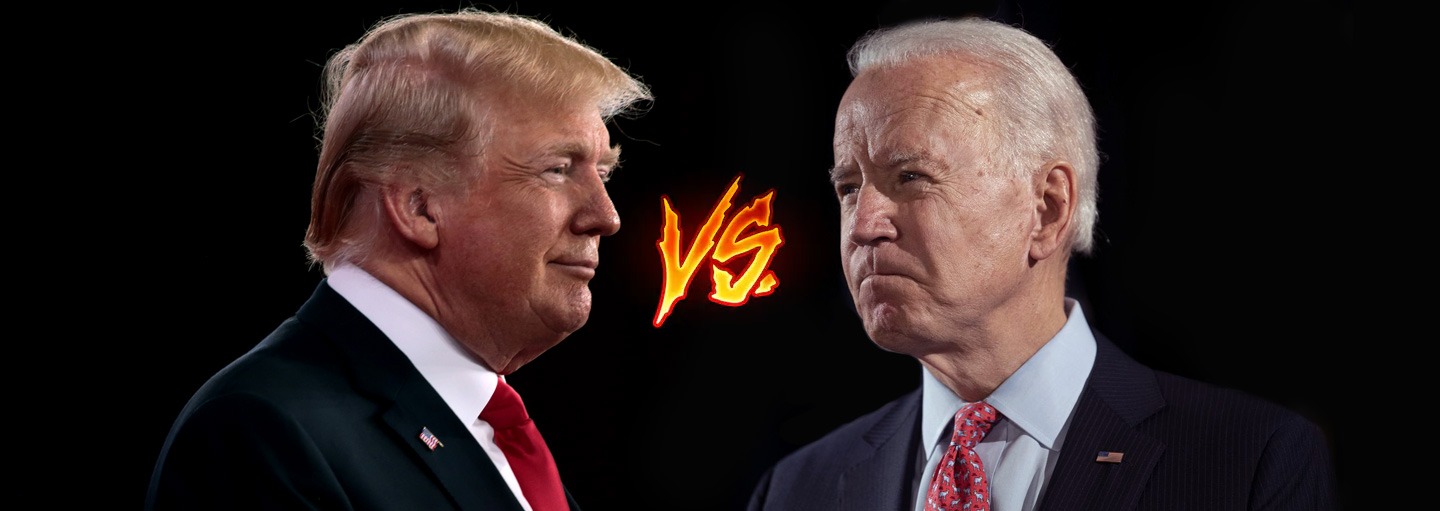Ronald Reagan had a unique distaste for career politicians sucking wealth out of D.C.’s tax-payer funded tenure. Most too often more in tune with self-service, than public service. He also had a keen dislike for the faulty, seized-up mechanical inner-workings of Washington.
Reagan was a citizen president. He poked fun at the self-importance of the political class and wasn’t afraid to include himself in it.
Talking to a gathering of Independent television stations two years after being elected to office, Reagan quipped,
“I sometimes think that government is like that old definition of a baby. It’s an alimentary canal with an appetite at one end and no sense of responsibility at the other.”
Reagan came to office at the end of a dismal decade. In large part because Reagan was, as John O’Sullivan also wrote of Thatcher and Pope John Paul II, ‘one of the apostles of hope’, when despair, fear, and doom, was the order of the day.
The 70s were turbulent. Global instability was everywhere.
The mid to late 60s were an open wound. Peace in Vietnam War was won and then lost by diplomatic fumbling. Americans were confronted with deep state political corruption and suffered through a series of fearmongering, joyless Presidential leaders from Republicans to Democrats.
The biggest issue of them all was the “Energy Crisis.”
Concerns over the “Energy Crisis” – a decline in domestic energy production, coupled with Lyndon Johnson’s environmental restrictions, and an OPEC embargo (a consequence of America’s support for Israel during the Yom Kippur War), resulting in high oil prices – was echoed by both sides of the political aisle, coupled with apocalyptic projections, and big government solutions to them.
Republican, President Richard Nixon’s proposed energy rationing, was later extended by Democrat, President Jimmy Carter, who, in 1979, told Americans that the “energy crisis” was here to stay. Then tabled a policy around big government control, such as mandatory rationing. (The 1970s version of “the new normal.”)
Carter’s panic rode on the back of urgency, caused by a drop in global oil supply, a consequence of the 1979 Islamist, Iranian revolution.
His six-point plan delivered the same year, included an increase in taxes, ‘mandatory conservation, gasoline rationing’, ‘expanding public transportation’, and creating a new government department to oversee energy rationing, and conservation.
Carter’s speech wove the “energy crisis” into a “crisis of confidence,” telling Americans that they were losing their sense of purpose, and needed to act:
“I’m asking you for your good and for your nation’s security, to take no unnecessary trips, to use carpools or public transportation whenever you can, to park your car one extra day per week, to obey the speed limit, and to set your thermostats to save fuel. Every act of energy conservation like this is more than just common sense, I tell you it is an act of patriotism.”
Carter’s blame shifting by way of his infamous “crisis of confidence” gave Reagan an edge.
Who said in return that,
“it’s true there’s a lack of confidence, an unease with things the way they are, but the confidence we’ve lost is confidence in our Government’s policies…there remains the greatness of our people, our capacity for dreaming up fantastic deeds and bringing them off to the surprise of an unbelieving world.”
Six years after the success of Reagan’s ‘supply-side mix’ policies, which reduced ‘intrusive and overburdening taxation, regulatory, and currency policies’, delivering an effective resolution to the ‘Energy Crisis’, Reagan told administration supporters,
“I’ve always thought that the common sense and the wisdom of the Government were summed up in a sign they used to have hanging on that gigantic Hoover Dam. It said: “Government Property. Do Not Remove.” (29th June 1987)
It’s often said that we don’t vote for individuals, we vote for political parties, their politicians, and their current policy platform.
The 2020 choice for Americans gives this axiom resonance.
The Trump/Pence vs. Biden/Harris ballot is a ballot between a citizen President and career politicians.
Similar in many ways to the context of Reagan vs. Carter in ’79.
One side speaks of hope, freedom, individual responsibility, perseverance, ingenuity, and protections for civil liberties.
The other speaks of crisis upon crisis; of doom, and destruction. From which they preach that only the political class, correct alignment with Leftism, and big government can save us.
Such as, Joe Biden’s “dark winter”, the alleged crises of “institutional racism”, “an unbeatable, C0VID-19,” “the new normal of wearing masks, enduring lockdowns, and losing livelihoods in economic shutdowns”; unhealthy fear of conservatives in the supreme court, and apocalyptic “climate change.”
Joe Biden is too entrenched in the game to see that he is the D.C. “swamp”, that leftist activists, are part of the establishment, dancing Carter’s “crisis of confidence”, bureaucratic two-step: the art of blaming others, and looking busy while achieving nothing at all.
On this basis, a vote for Biden is a retreat into darkness. It’s a vote for a “crisis of confidence”; a vote for career politicians who are guarded by leftist activists, and guided by the idolatry inherent within their ideological nonsense.
As Ronald Reagan said in 1964,
“You and I have a rendezvous with destiny… We’ll preserve for our children this, the last best hope of man on earth, or we’ll sentence them to take the last step into a thousand years of darkness.”
References:
[i] Cited by Karl Menninger, 1976. Whatever became of Sin? p.142
[ii] O’Sullivan, J. 2006. The President, The Pope & The Prime Minister, Regnery Publishing





















